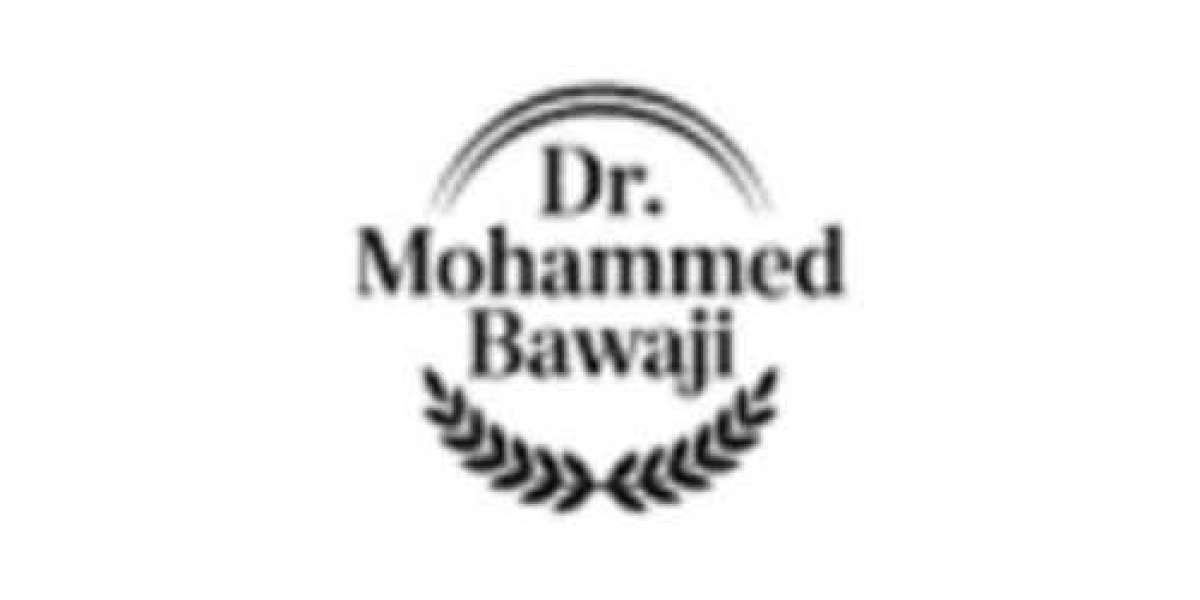Micro, Small and Medium Enterprises (MSMEs) are among the most powerful drivers of economic growth. In countries around the world, they create millions of jobs, support local industries, and encourage innovation at the grassroots level. However, even the most promising MSMEs often struggle with one common issue: building a stable, skilled, and motivated workforce. Many business owners assume human resources management is only important for large companies, but today, every growing enterprise needs structured HR practices to survive and compete.
A well-designed HR strategy for MSMEs plays a major role in improving productivity, managing talent, and creating a positive work environment. With the right people systems in place, MSMEs can control employee turnover, avoid hiring mistakes, improve skills, and build future leaders from their existing workforce.
Why HR Strategy Matters in a Small Business
Most MSMEs begin their journey with a small team where everyone handles multiple tasks. As the business grows, this informal style becomes difficult to manage. Employees expect clarity, structure, and opportunities to grow. Without HR policies and employee development plans, companies face challenges such as:
Employees leaving for better offers
Low productivity or lack of motivation
Confusion about work responsibilities
Difficulty in finding skilled talent
Conflict between team members or departments
No clear performance or reward system
This is why a planned HR strategy for MSMEs is essential. It not only creates an organized system inside the company, but also helps employees feel valued, informed, and supported.
Key Elements of an Effective HR Strategy for MSMEs
A strong HR structure does not need to be complicated or expensive. Even small steps can bring big improvements.
1. Clear Job Roles and Responsibilities
When employees know exactly what is expected from them, they work with more confidence. Job descriptions help avoid confusion and allow the management to evaluate employees fairly.
2. Smart Hiring and Onboarding
Many MSMEs hire quickly without proper interviews or background checks. A simple hiring process, structured interviews, and a short onboarding session help new employees adjust faster.
3. HR Policies and Legal Compliance
Policies regarding attendance, leave, workplace behavior, and salaries protect both employees and the employer. Staying compliant with labour laws also prevents legal issues in the future.
4. Performance Management and Feedback
Instead of judging employees based on guesswork or personal opinions, MSMEs should use performance indicators, targets, and review systems. This keeps evaluations fair and transparent.
5. Training and Skill Development
Skill gaps are common in small organizations. Training sessions or knowledge-sharing meetings help workers upgrade themselves, which directly improves business performance.
Career Growth: The Most Overlooked Factor in MSMEs
One of the biggest reasons employees leave small companies is the feeling of career stagnation. Even if they enjoy the work environment, they want to see a future for themselves. Employees today look for opportunities to learn, gain new skills, and move to higher roles.
MSMEs that support learning and development become more attractive to job seekers and more reliable for existing employees. Offering career growth does not always require big budgets. Even small actions—mentorship, guidance, educational materials, and training—can make a big difference.
This is where learning resources, especially well-written career books, become valuable. Many professionals and students today depend on books to understand real-world career challenges and workplace expectations. The career guidance books by Dr Mohammed Bawaji are examples of resources designed to help individuals explore career options, build skills, and become confident professionals. Such books are extremely useful for MSME employees who do not always get access to formal training or professional development programs.
How Career Guidance Books Benefit MSME Employees
The career guidance books by Dr Mohammed Bawaji are designed to be practical and easy to understand. They help learners develop the right mindset, discover their talents, and prepare for professional success. For employees working in MSMEs, these books can help in several ways:
Learning how to communicate better in the workplace
Understanding the importance of personal skills and discipline
Building confidence for interviews and promotions
Setting career and life goals
Improving leadership qualities
Discovering strengths and working on weaknesses
When employees grow personally and professionally, they contribute more effectively to their organization. A motivated employee works harder, stays longer, and shows loyalty to the business.
How HR and Career Guidance Work Together
A successful HR strategy for MSMEs is not just about recruitment and salaries. It must also focus on people development. When MSMEs combine basic HR structure with learning opportunities, they create a balanced and employee-friendly work environment.
For example:
HR policies ensure the workplace is fair
Training builds technical and behavioral skills
Career books build clarity and confidence
Performance reviews help employees measure growth
Managers learn to communicate and lead better
This combination leads to positive outcomes such as improved teamwork, better productivity, lower employee turnover, and a stronger organizational culture.
A Practical Example
Imagine a small IT startup with 15 workers. They work well as a team but there are no clear policies, no designation system, and no training. Over time, employees feel there is no growth, and they start leaving. Hiring new people becomes expensive, and growth slows down.
Now imagine the same company applying a simple HR strategy for MSMEs. Job roles are defined, salaries are standardized, performance reviews happen every quarter, and employees are encouraged to learn through training or personal development books like the career guidance books by Dr Mohammed Bawaji. The team now feels motivated and respected. They see a future in the company.
With satisfied employees and organized structure, productivity increases, and the business grows faster.
The Future of HR in MSMEs
Technology, automation, and globalization are reshaping the workplace. Even small businesses must prepare to compete with larger organizations. MSMEs that invest in HR planning and employee development will stand stronger in the future. Those who ignore it may lose employees, customers, and business opportunities.
Employees today do not just want a salary. They want clarity, respect, skill development, and career growth. MSMEs that understand this will build stronger teams and more successful business models.
Conclusion
MSMEs have great potential, but their real strength comes from people. A well-designed HR strategy for MSMEs helps create a professional, structured, and motivating workplace. At the same time, resources like the career guidance books by Dr Mohammed Bawaji give employees the knowledge and confidence to build successful careers. When businesses invest in their people, their people invest back in the business.








